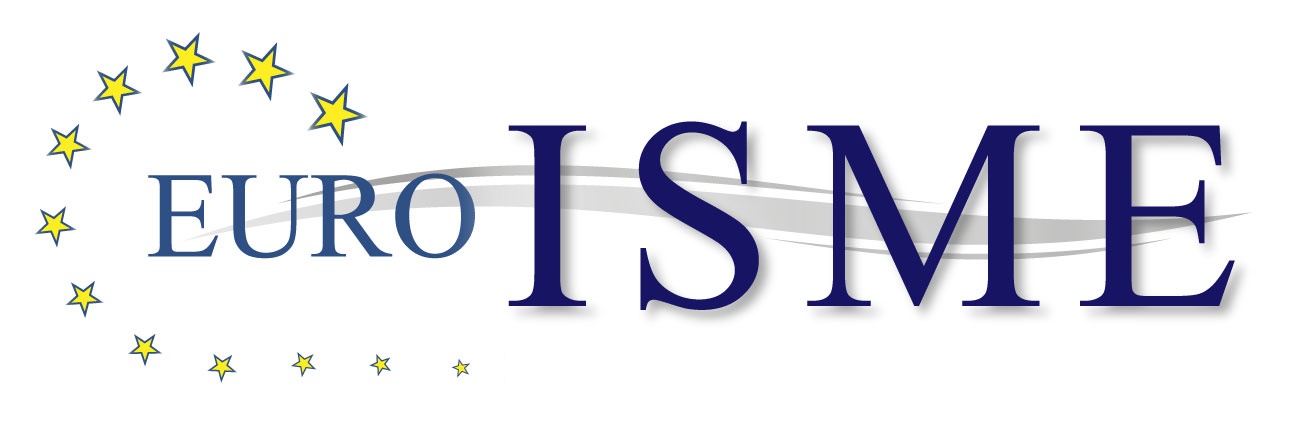Future Progress of Humankind – the Choice Between Cold Nihilism and Principles of Humanity
By Ted van Baarda and Patrick Mileham, Board members, EuroISME
Following Russia’s attack of 24th February 2022 on Ukraine one can, with a sense of desperation, turn to the Charter of the United Nations. Drafted in 1945, in the wake of the Second World War, some key phrases read:
“We the people of the United Nations determined to save succeeding generations from the scourge of war, which twice in our lifetime has brought untold sorrow to mankind,(…) For these ends: to practice tolerance and live together in peace with one another as good neighbours.(…)
All Members shall refrain in their international relations from the threat or use of force against the territorial integrity or political independence of any state (…).”
One still senses the reminiscences of the Second World War in these words. Yet, one can but wonder today whether these words have become dead letter platitudes or whether they can be revived.
 Kiev and River Dnieper © Patrick Mileham
Kiev and River Dnieper © Patrick Mileham
Vladimir Putin claims the two nations – Ukraine and Russia – are truly united, kindred spirits, and goes on falsely to assert Ukraine has never actually been a separate nation-state. Three decades of international treaties defeat that lie. Ukraine became, as an independent nation, a member of the United Nations on 24th August 1991 following a referendum in which more than 90 percent voted in support of democracy, prompting a declaration on 28th August 1991 by a new Parliament in Kiev. Four days later the Russian government in Moscow recognized Ukraine as an independent nation-state. What we are witnessing today is the most serious challenge to the international legal order on European soil.
The 1990s were years of real hope for an expanding free-world for all of humanity. These hopes are evaporating. As Michael Walzer wrote in his seminal work Just and unjust wars, all wars are judged twice:
“… first with reference to the reasons states have for fighting, secondly with reference to the means they adopt. The first kind of judgment is adjectival in character: we say that a particular war is just or unjust. The second is adverbial: we say that the war is being fought justly or unjustly.”
It is this first kind of judgment which concerns us most today: for a war to be just, there must be a just cause, usually amounting to a case of self-defence when attacked. Whatever one’s political opinion on Ukraine’s foreign policy, it did not threaten, or aim to threaten Russia. It wouldn’t be able to do so, even if it wanted to. Neither is there any evidence to support Putin’s claim that there was a genocide going on in Donetsk and Luhansk – the prevention of a genocide being a just cause, under just war theory, for an armed intervention in another state. Thus, Russia’s attack is both illegal and immoral
For us, the question is where that leaves us the undersigned, first as Members and then as elected members of the Board of Directors of the International Society for Military Ethics.
EuroISME champions humanity and its members scrutinize conflict and war, looking for justice in what is nasty and brutish, deadly and destructive. If a war can be justified as last resort (jus ad bellum), lethal action has to promote full reconciliation and a more just and permanent peace beneficial for all parties (jus post bello). Legal and moral restraint in military action and other means of defeating physical aggression, including information warfare and cyber conflict, is vital from beginning to end (jus in bello).
 Writing on a Wall in Talinn © Patrick Mileham
Writing on a Wall in Talinn © Patrick Mileham
EuroISME has investigated and published much in this field. It has members and, indeed, board members, from both Western Europe and Eastern Europe. EuroISME takes pride in the fact that it is one of the few forums in the world where moral philosophers and experts on international security, from East and West, from North and South, can discuss sensitive issues of security in an eloquent and elaborate manner. In a highly polarised and militarised world, that is no detail.
EuroISME has drawn to its conferences at least 25 cultures or nationalities represented – more than any other forum on military ethics in the world. Most of its regular conference participants view our cultural plurality as an asset, because it enriches debates and exchanges of views. That was our strength, and it shall remain so. By arguing that the Ukrainian government is fascist and guilty of genocide, and needs to be subjugated, the Russian government is becoming the anti-thesis of everything what EuroISME stands for. At our next conference in May, experts from both East and West remain welcome. Our next conference will be, incidentally, held in a country which has a common border with Ukraine. We have complete faith in our conference participants that they will be able to discuss modern aspects of warfare with the eloquence which we have seen so often in previous years.
Mr Putin seeks a neat painless solution to assuage utterly unwarranted but skilfully manufactured fears and divisions around the world. We, of EuroISME, do not manufacture fears and divisions.
Russia will hurt itself most, but also cause distress more or less around the world and to the forty-four million Ukrainians. Philosophers and military ethicists often assert that in the meaning of human life there can be no absolutes. Perhaps we are witnessing today an exception to that assertion: the moral calculus of war – Putin’s supposed cost-benefit analysis – does not justify throwing all of us in the ‘mouth of hell’ in absolute extinction?
Ted van Baarda
Patrick Mileham
(Elected Board Members of EuroISME)
